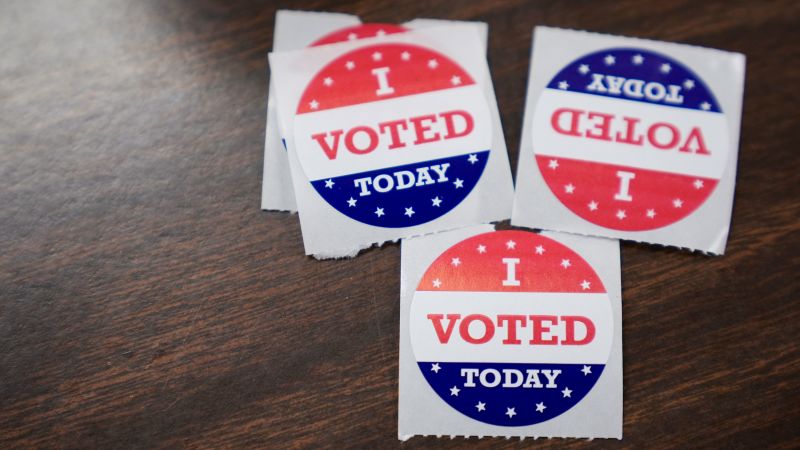These 8 states have ballot measures targeting noncitizen voting – already illegal in federal elections

Voters in eight states across the country are facing ballot measures this year that seek to require US citizenship in order to vote, despite the fact that it is already illegal for noncitizens to cast ballots in federal elections. These measures, found in Idaho, Iowa, Kentucky, Missouri, North Carolina, Oklahoma, South Carolina, and Wisconsin, are part of a broader push by some Republicans to tighten voting laws and address concerns of voter fraud.
The push for these measures comes in the wake of House Republicans passing a bill with a similar goal earlier this year, as well as former President Donald Trump and his allies raising fears of voter fraud leading up to the election. However, CNN has fact-checked these claims and found only a minimal number of instances where noncitizens have voted in elections when they were ineligible to do so.
One recent example cited by CNN involved a Chinese citizen who was charged with voter fraud and perjury after allegedly casting a ballot in the 2024 election in Michigan. Despite these isolated incidents, the overall evidence of widespread noncitizen voting is lacking.
Each state’s ballot measure varies in language and scope, but they all aim to reinforce the requirement of US citizenship for voting. For example, Idaho’s measure seeks to amend the state constitution to explicitly state that noncitizens are barred from voting in any election within the state. Similarly, Iowa’s proposed amendment would update the state constitution to reflect the federal standard of voting at 18 years old and restrict voting to only US citizens.
Kentucky, Missouri, North Carolina, Oklahoma, South Carolina, and Wisconsin all have similar ballot measures that seek to clarify and reinforce the requirement of US citizenship for voting in their respective states. These measures are part of a larger trend among Republican-led legislatures to tighten voting laws and address concerns of voter fraud.
It remains to be seen how voters in these states will respond to these ballot measures, but they are part of a broader debate over voting rights and access in the United States. With the 2022 midterm elections approaching, the issue of voting laws and requirements is likely to remain a hot topic of discussion in the coming months.




